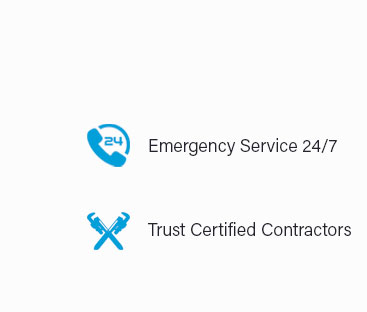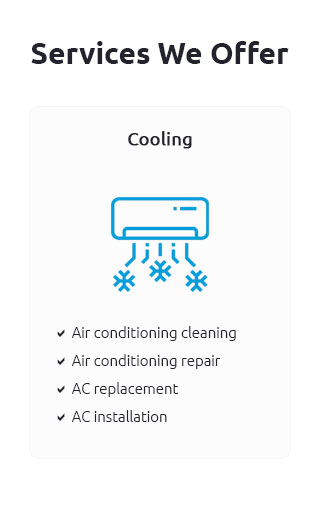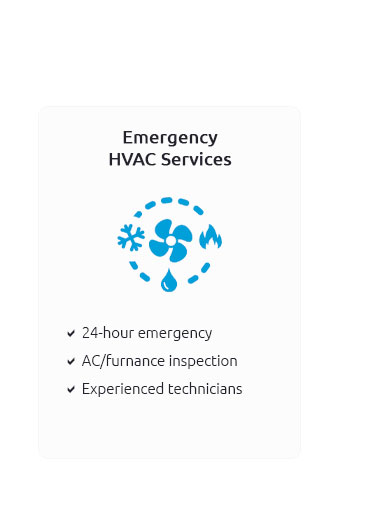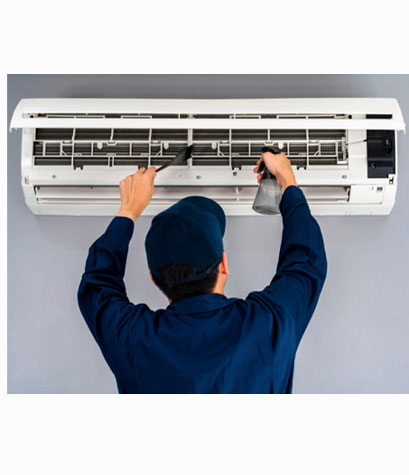 |
 |
 |
 |
 |
 |
 |
 |
 |
 |
 |
 |
 |
 |
 |
 |
The Unsung Heroes: A Closer Look at AC TechniciansIn the sweltering heat of summer or the unexpected warmth of a late spring afternoon, few comforts compare to the refreshing blast of an air conditioning unit. But have you ever paused to consider the experts responsible for ensuring that blissful coolness? Enter the world of the air conditioning technician, a profession that requires a unique blend of technical expertise, problem-solving skills, and a touch of artistry. These individuals are the silent warriors against oppressive heat, meticulously maintaining and repairing systems that most of us rely on without a second thought. The Role of an AC Technician AC technicians play a pivotal role in both residential and commercial settings. Their responsibilities are manifold, ranging from routine maintenance to complex installations and emergency repairs. They must possess a deep understanding of refrigeration principles, electrical systems, and airflow dynamics. Moreover, with the increasing emphasis on energy efficiency and environmental responsibility, technicians are now expected to be knowledgeable about the latest eco-friendly technologies and energy-saving strategies. Key Skills and Knowledge Areas
Challenges and Rewards The life of an AC technician is not without its challenges. They often work in confined spaces, deal with hazardous materials, and operate in environments that can be less than forgiving-think sweltering attics or cramped basements. Yet, for many, the rewards far outweigh the difficulties. There's a profound satisfaction in restoring comfort and functionality to a home or business. Additionally, the profession offers a degree of job security, given the ongoing demand for skilled technicians in a world increasingly dependent on air conditioning. Training and Certification Becoming an AC technician typically requires a blend of formal education and hands-on experience. Many opt for vocational training programs or community college courses that offer a mix of classroom instruction and practical labs. Certification, such as that from the Environmental Protection Agency (EPA), is often a requisite, particularly for those dealing with refrigerants. Continuous learning is a hallmark of the trade, as technology and regulations evolve. The Future of the Profession Looking ahead, the role of the AC technician is likely to expand and diversify. As climate change prompts more extreme weather patterns, the demand for efficient and innovative cooling solutions will only increase. Moreover, the integration of smart technology into HVAC systems presents both a challenge and an opportunity for technicians to further enhance their skill set. In a world that is rapidly changing, these professionals remain a critical component in maintaining the comfort and well-being of society. In conclusion, while they may not always be in the spotlight, AC technicians are indispensable to modern life. Their work ensures that when we seek refuge from the heat, a reliable cooling system is always within reach. So, the next time you feel that cool breeze from your AC, spare a thought for the technician who made it possible. https://www.totalair.com/air-conditioning/
We're the 24 hour Dallas AC experts with the experience and skills you're looking for. Feel free to contact us anytime for emergency AC services in the Plano, ... https://www.dallasheatingac.com/air-conditioning-repair/
We offer 24/7 emergency AC repair services in Dallas, TX. Our expert technicians are ready to tackle any AC problem, ensuring your home stays cool and ... https://www.rescueairtx.com/air-conditioning/repair/
Emergency repairs are available, even on nights and weekends. Call (972) 201-3253 or use our online contact form to request AC repair services in Dallas and ...
|